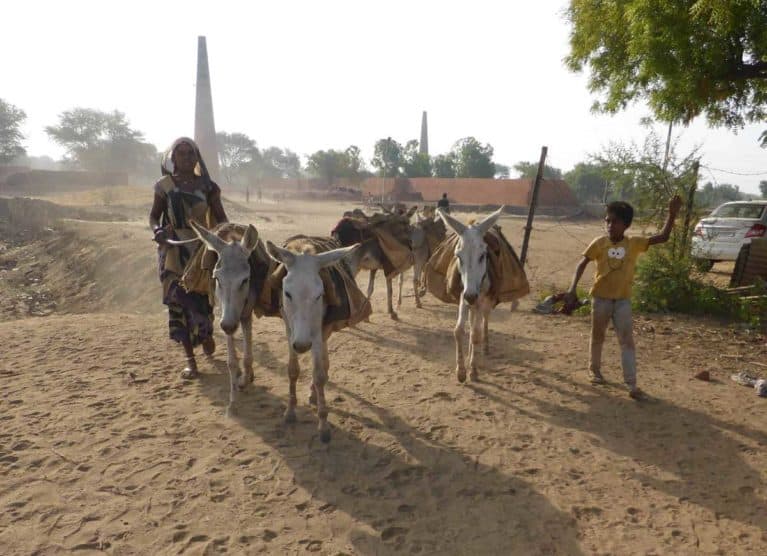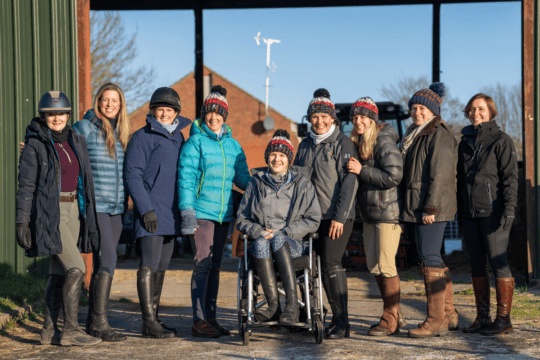
Most Read Articles

Photo credit: TW2020 The Donkey Sanctuary
The Donkey Sanctuary has published its fresh research into the consequences of sub-standard prescriptions given to equines in northern India
Titled No Prescription, No Problem! A Mixed-Methods Study of Antimicrobial Stewardship Relating to Working Equines in Drug Retail Outlets of Northern India, the paper is the work of the world’s largest equine charity – The Donkey Sanctuary – and focuses on the relationships between equines and their owners, as well as the important part local medical stores play in keeping animals healthy.
In northern India, antibiotics are often sold illegally, indiscriminately and largely without prescriptions by untrained pharmacists. The paper also highlights that while some pharmacists may have knowledge surrounding animal medicine, this rarely extends to equines – let along the diagnosis and dispensing of medications. While this lack of formal training and knowledge is may not have an immediate effect on equine welfare, the long-term effects are likely to include antimicrobial resistance – a worldwide problem in both human and animal medicine.
Former Social Science Researcher at The Donkey Sanctuary and author of the study, Caroline Nye, explains: “It’s astonishing how few local pharmacists had any knowledge of the regulations surrounding the sale of antibiotics, and even more surprising how few were sufficiently trained to be dispensing pharmaceuticals at all, let alone to owners of working equines. It’s important that future interventions take into account the risks involved in the immediate medical treatment of mules and donkeys with regards to antibiotic use. This might take the form of knowledge extension to both local pharmacists and working equine owners.”
Tamlin Watson, Senior Researcher Global at the international animal welfare charity and contributor to the article, says: “The highly mobile nature of working equids is of great concern regarding the potential for dissemination of antimicrobial resistance. Not only does this have serious implications for working equids, but also for people – particularly those already vulnerable in isolated communities, without the economic capability to access adequate health care.”
This complacency and overuse of antibiotics are considered very significant contributing factors towards this growing issue of antimicrobial resistance. India certainly isn’t immune – with a population of more than half a million donkeys and mules and multidrug resistance a growing problem among equines. Equines are such an essential part of the working lives of people all over the world, adverse effects on their wellbeing can have a huge impact on the livelihoods and health of their owners and communities.
Laura Kubasiewicz, Senior Researcher Global at The Donkey Sanctuary, who also contributed to the paper, adds: “The fact that over a third of drug retail outlet workers sold antibiotics without a prescription is quite staggering, and could have huge implications for equid welfare in both the short- and long-term. Equid owners often rely on their equids as their main source of income, so these findings highlight the delicate balance required for dispensing regulations to be enforced, with the need for equid owners to have access to medical care.”
Better training, greater regulation and a more thorough understanding of the consequences that improper use of antibiotics can have is essential, as the study highlights. There must be sufficient access to medications in even the most rural areas, but ensuring that these medicines are used effectively and safely is paramount to the health of humans and equines the world over.
For more information, visit thedonkeysanctuary.org.uk






